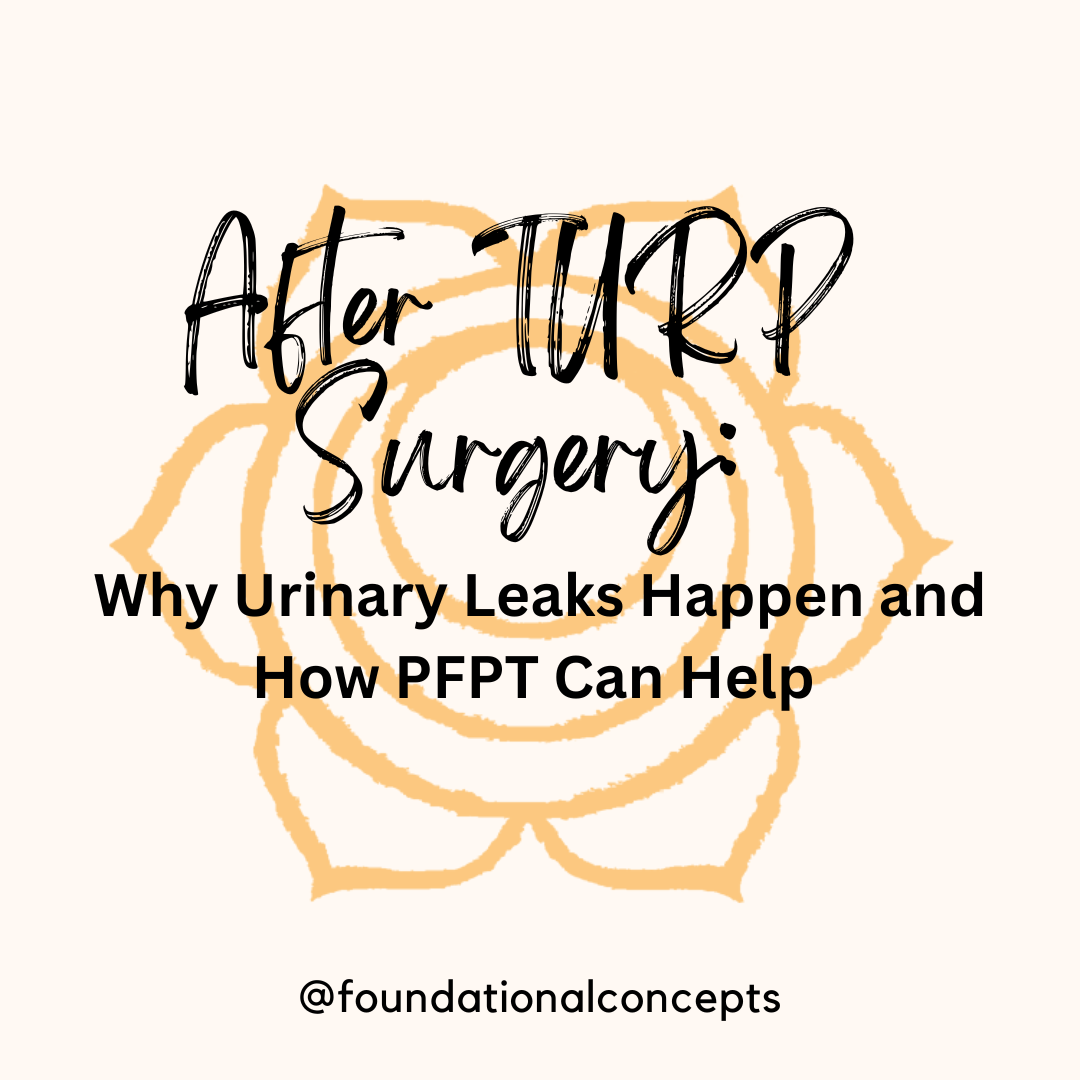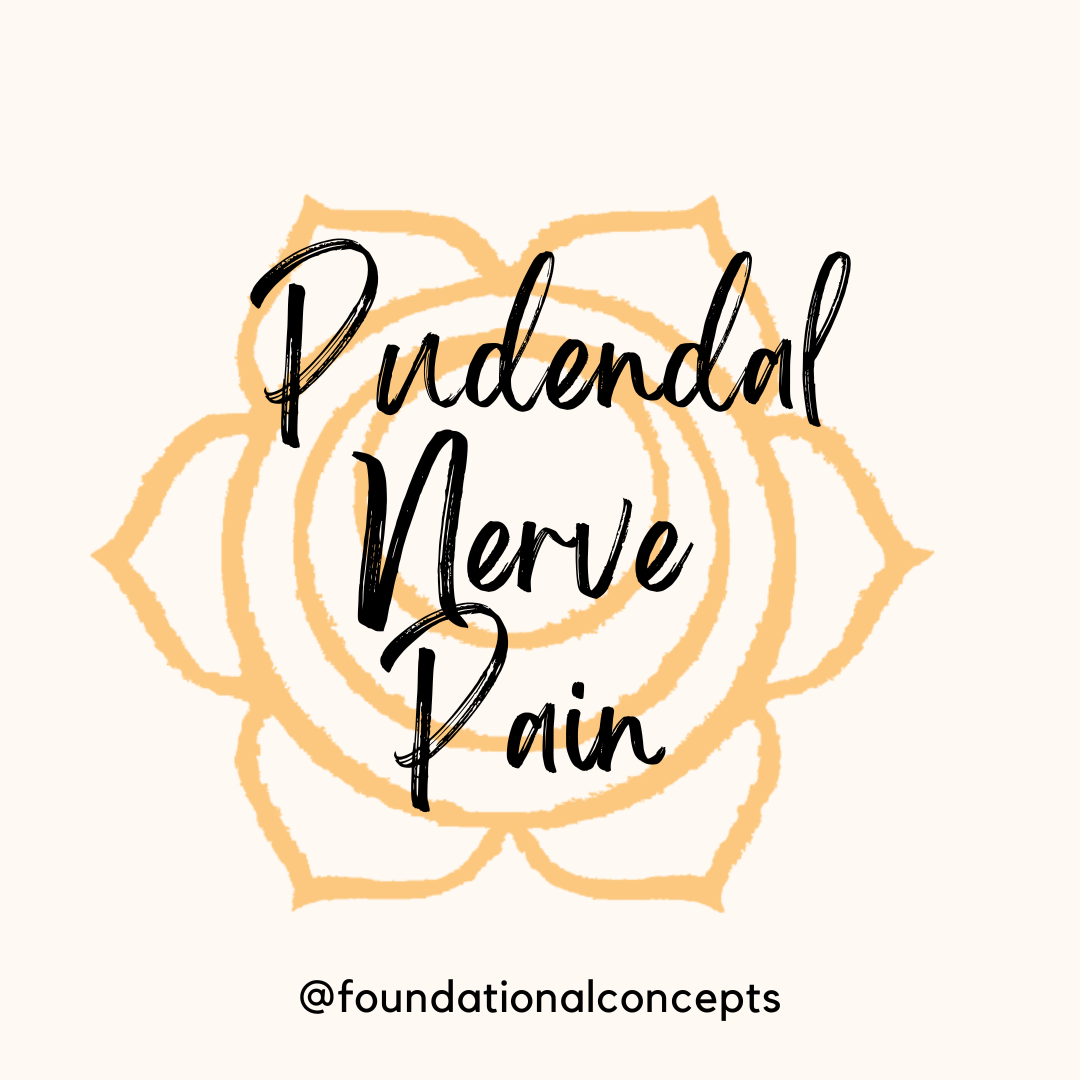In Celebration of Cancer Survivor’s Day–A Personal Story of Prostate Cancer
My dad lives in south-central Nebraska where he farms. When my dad was 57, shortly after my oldest kiddo was born (and his first grandchild), Dad decided to go in for a physical. He had some blood work done which showed that his PSA (prostate specific antigen) was high. He was referred from his primary physician to an urologist in the closest town that has one, about an hour away. There, he had a biopsy of his prostate done which confirmed that he did, in fact, have prostate cancer. On the Gleason scale, he was given a score of 7, which is an intermediate grade. According to Jim Kovarik, PA-C, a physician assistant in the Urology Department at the University of Kansas Hospital, prostate cancer is rated on the Gleason Scale from 6-10. Grade 6 would indicate a low grade, slow growing cancer. The grade 7 that my dad was diagnosed with is an intermediate grade that requires some form of treatment. Grades 8-10 are higher grades with more risk and tend to be more aggressive, typically requiring more than one treatment option.
According to Kovarik, the 10-12 year outcomes for low to intermediate grade prostate cancer following either radiation or surgery are similar. The difference tends to come 15-20 years after treatment. At that point, patients who underwent surgical intervention have lower PSA recurrence rates than those who underwent radiation. The other down side with radiation is that if the cancer does recur, usually surgery is not a secondary treatment option. Typically, the next recommended treatment option is androgen deprivation. The side effects of this type of hormone therapy can be uncomfortable with side-effects similar to women’s menopause with hot flashes, breast tenderness, and weight gain. The hormone therapy is effective for an average of 8-10 years.
The urologist gave my dad several treatment options. The first was to wait and see what happened. The second was to have the prostate removed. Third was to have radioactive seeds implanted. He did not feel comfortable waiting and seeing. He has a family history of prostate cancer and his uncle died from advanced prostate cancer. The urologist discouraged him from having radioactive seeds implanted as there are fewer treatment options if the cancer recurred. Thus, he opted for the prostate removal surgery. He was told they would do the nerve sparing surgery and that he should be able to have an erection after the surgery. The hospital where he was treated did not yet have the robotic option, which is surgery where the surgeon is assisted with robotics. According to Kovarik, the benefits of the robotic surgery over traditional surgery are less blood loss and a shorter hospital stay. There is no consistent statistical advantage of the robotic surgery in terms of cancer recurrence, urinary incontinence, or erectile dysfunction.
My dad underwent the surgery with the retropubic approach, leaving a small incision just above his pubic bone. The surgery was a success, the cancer was encapsulated and completely contained in the prostate gland, and he was declared cancer free! The afternoon after the surgery, the nurses made sure he was up and walking and he was sent home with some pain pills. He told me that he took just a pill or two, and didn’t need any after that.
Currently, the American Urological Association (AUA) Prostate Cancer Guidelines recommend men ages 55-69 discuss potential benefits of prostate cancer screening with their provider and make an informed decision whether to proceed with screening. Currently, there is insufficient data to make a definitive recommendation regarding the benefit of prostate cancer screening in men 40-54 years old or over age 70. However, this is a conversation that these men should have with their provider taking into account their age, family history, other medical conditions, and personal wishes.
Congratulations to all cancer survivors out there! We celebrate with you this day! And a special thank you to my dad for sharing your story.
Disclaimer: This blog is here for your help. It is the opinion of a Licensed Physical Therapist. If you experience the symptoms addressed you should seek the help of a medical professional who can diagnose and develop a treatment plan that is individualized for you.










Comments (0)